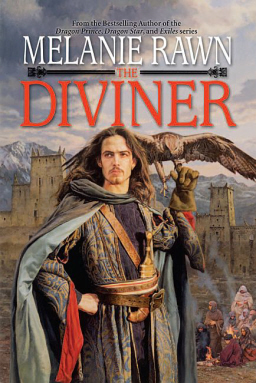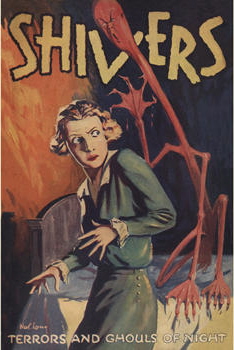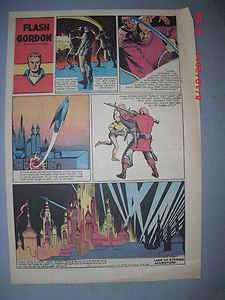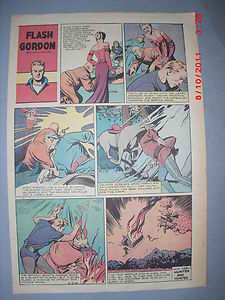Joyce Carol Oates’ Gothic Quintet, Part IV: My Heart Laid Bare
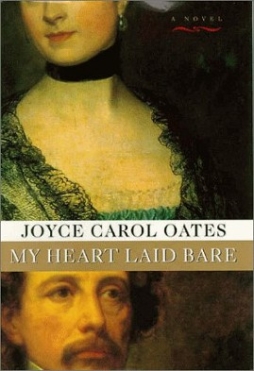 For the past three weeks, I’ve been looking at Joyce Carol Oates’s Gothic Quintet, in preparation for the publication of the fifth book in the sequence, The Accursed, set for next March. I started off with 1980’s Bellefleur, which I thought was brilliant. Then I looked at 1982’s A Bloodsmoor Romance, which I found interesting, but not up to the first book’s level, perhaps due to my unfamiliarity with the romance genre. Last week, I considered Mysteries of Winterthurn, from 1984, which impressed me quite a bit. Now, this week, I look at 1998’s My Heart Laid Bare.
For the past three weeks, I’ve been looking at Joyce Carol Oates’s Gothic Quintet, in preparation for the publication of the fifth book in the sequence, The Accursed, set for next March. I started off with 1980’s Bellefleur, which I thought was brilliant. Then I looked at 1982’s A Bloodsmoor Romance, which I found interesting, but not up to the first book’s level, perhaps due to my unfamiliarity with the romance genre. Last week, I considered Mysteries of Winterthurn, from 1984, which impressed me quite a bit. Now, this week, I look at 1998’s My Heart Laid Bare.
It may be worth noting that while My Heart Laid Bare was published in 1998, it was written in 1984. Similarly, The Accursed, under its original title The Crosswicks Horror, was first completed in 1981. Both books were revised in the years since, and I wonder if that might help account for the fact that My Heart Laid Bare has a rather different feel than the other ‘Gothic’ books. Nothing evidently supernatural happens in it. It’s only nominally Gothic in atmosphere, and the narration’s relatively straightforward — it’s told in omniscient third-person, unlike Bloodsmoor or Winterthurn, and is stylistically more restrained than Bellefleur (which admittedly is not saying much). Still, it’s a wild, wide-ranging look at American life in the early part of the twentieth century, incorporating several self-consciously melodramatic touches. It fits in with its predecessors nicely, and overall serves to round off Oates’s Gothic sequence as we’ve had it so far.
The book follows grizzled con-man Abraham Licht and his sons and daughters, from 1909 through to the Great Depression. A prologue suggests that they’re the descendants of a scheming eighteenth-century servingwoman who impersonated her mistress, was caught and sent to America; at any event, the novel shows us the Lichts consistently changing identities, some of which are false and some of which become true. Besides Abraham, we have his three biological sons, his older boys Thurston and Harwood and his younger Darian; his two daughters, Millie and Esther; and his black adopted son, Elisha. Over the course of the book, the children leave and betray and (occasionally) return to Abraham, as Abraham himself plots for money, for power, and, perhaps most importantly to him, for another marriage.
 I spoke to some creative writing students at a local university last Friday and I tried to tell them something it took me a long time to understand: when you begin your writing career, you’re joining a community.
I spoke to some creative writing students at a local university last Friday and I tried to tell them something it took me a long time to understand: when you begin your writing career, you’re joining a community.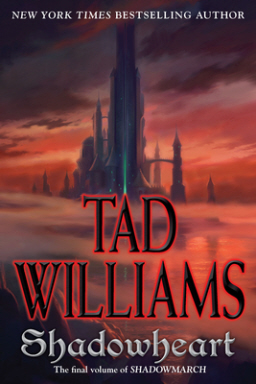

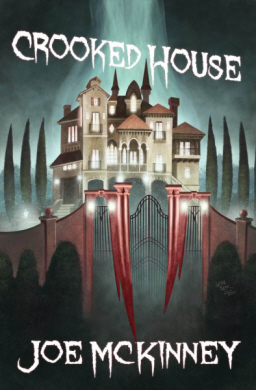
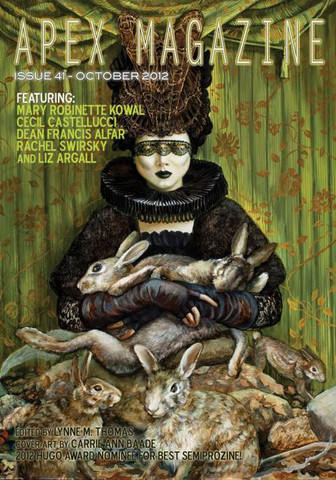 Yearly subscriptions are available through the Apex website and Weightless Books. For $17.95, $2.00 off the normal subscription rate, you can have 12 months of Apex Magazine delivered to you in the file format of your choice: ePub, mobi, or PDF. That’s at least 24 brand new short stories dropped into your eager little hands for the price of an anthology. Plus, you get the reprints, poetry, nonfiction and interviews. Quite a deal, right?
Yearly subscriptions are available through the Apex website and Weightless Books. For $17.95, $2.00 off the normal subscription rate, you can have 12 months of Apex Magazine delivered to you in the file format of your choice: ePub, mobi, or PDF. That’s at least 24 brand new short stories dropped into your eager little hands for the price of an anthology. Plus, you get the reprints, poetry, nonfiction and interviews. Quite a deal, right?